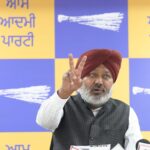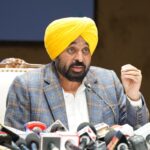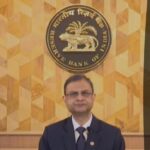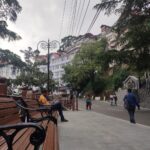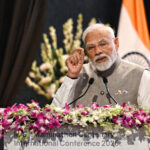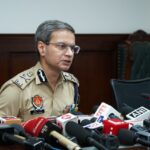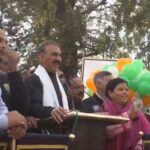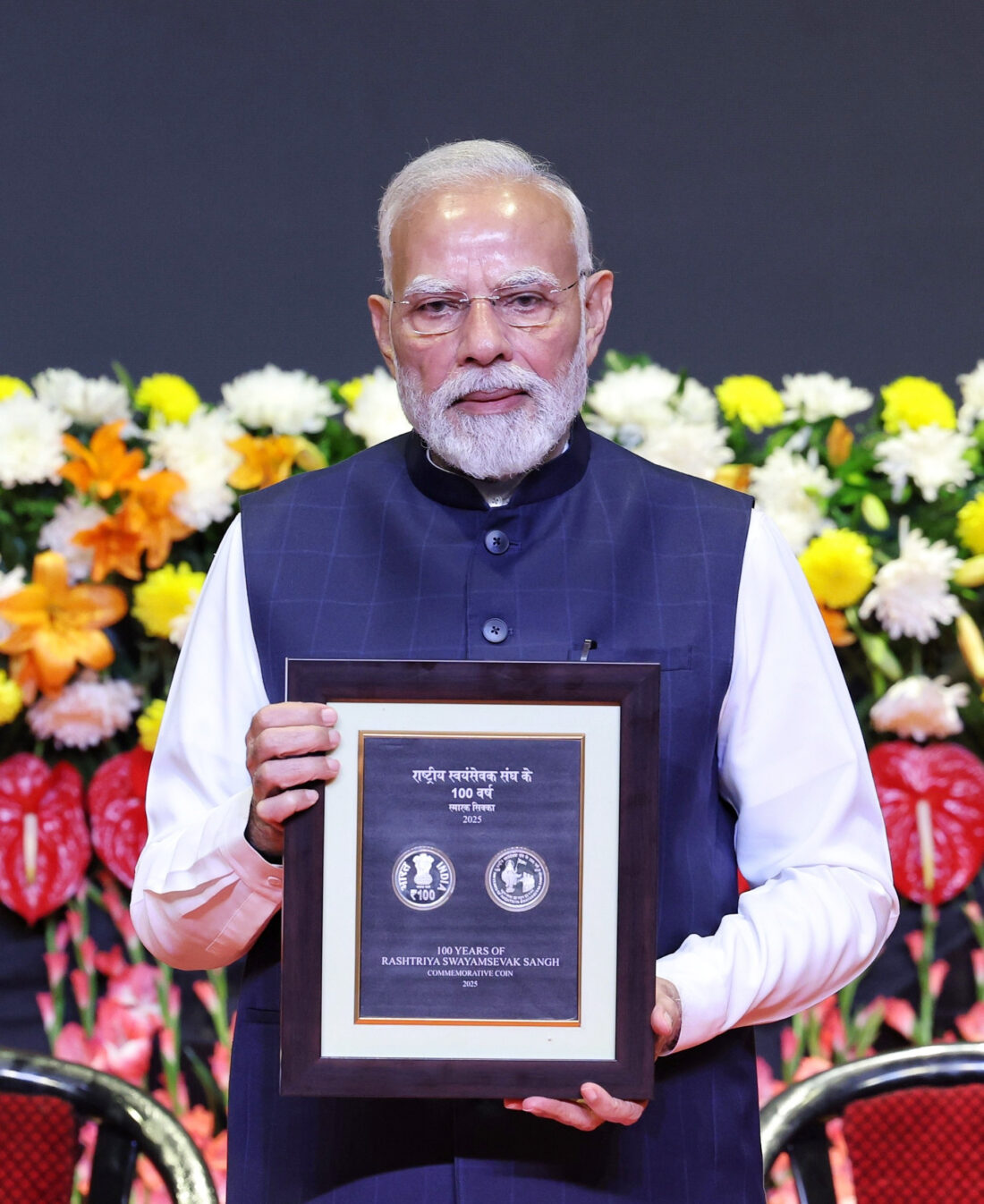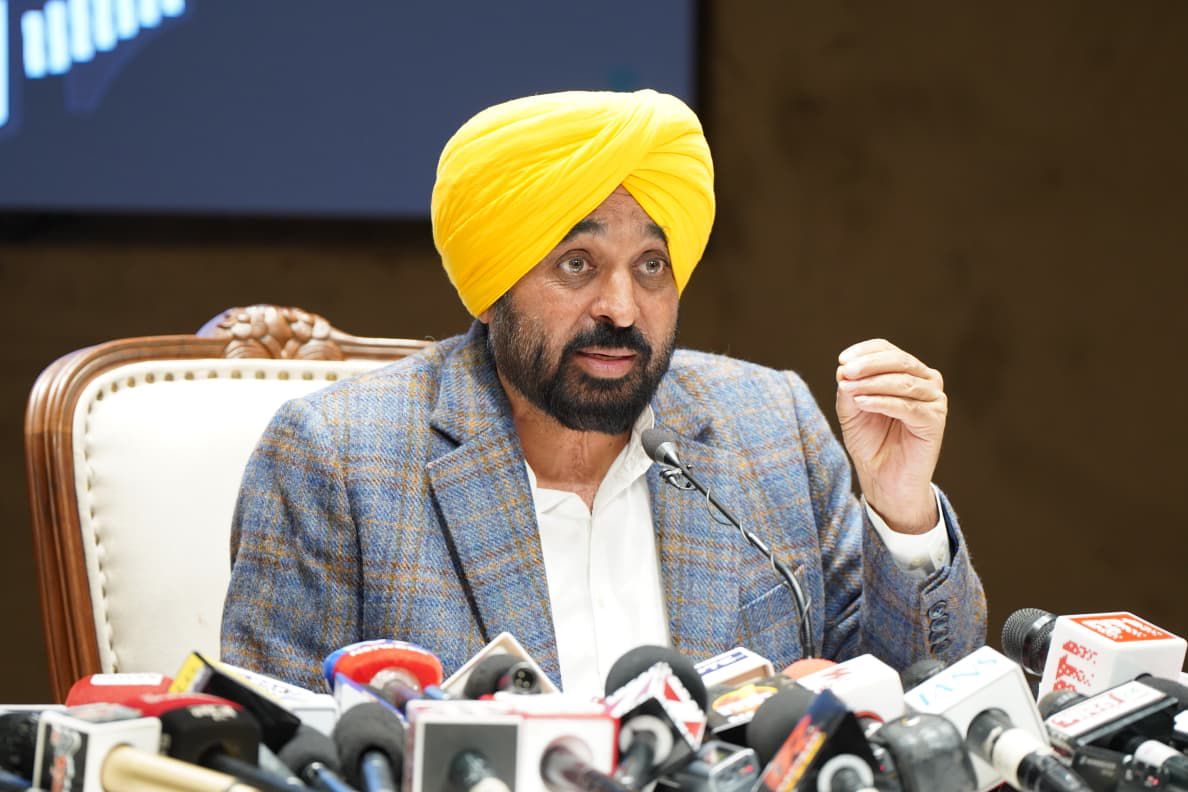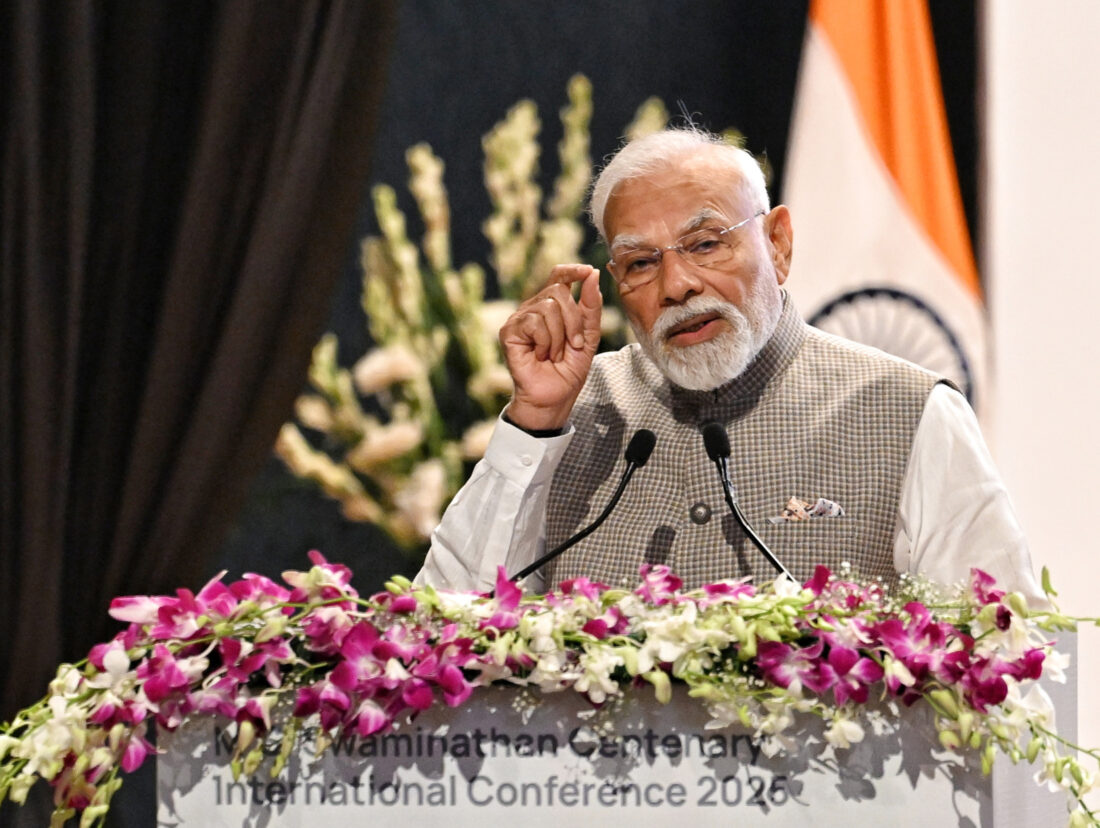The North News
New Delhi, October 1
Prime Minister Narendra Modi on Wednesday described the Rashtriya Swayamsevak Sangh (RSS) as a “virtuous incarnation of India’s eternal national consciousness” as he addressed its centenary celebrations in New Delhi, where the government released a commemorative coin and postage stamp in its honour.
Speaking at the Dr Ambedkar International Centre, PM Modi linked the organisation’s founding in 1925 with broader cultural and religious traditions. The event coincided with Navratri festivities, with the Prime Minister drawing symbolic parallels between Vijayadashami – the triumph of truth over falsehood – and the creation of the RSS, which he said embodied the continuity of India’s civilisational ethos.
“This is no coincidence,” Modi told an audience of RSS leaders, supporters and dignitaries. “National consciousness takes different forms in every era. In our times, the Sangh is that embodiment.”
The RSS, a right-wing Hindu nationalist organisation and ideological parent of the ruling Bharatiya Janata Party (BJP), has been both influential and controversial over the past century. Supporters credit it with building civic discipline, community networks and educational initiatives; critics have accused it of promoting sectarianism and intolerance.
For Modi, himself a lifelong swayamsevak, the centenary was framed as a moment of vindication. Paying tribute to RSS founder K.B. Hedgewar, he praised the group’s daily shakhas – grassroots training sessions held across the country – as “sacred spaces of inspiration” where individual discipline becomes the foundation for collective strength. “From ‘I’ to ‘we’ – this is the journey of the swayamsevak,” he said.
To mark the milestone, Modi unveiled a ₹100 commemorative coin – featuring for the first time the image of Bharat Mata (Mother India) on Indian currency – alongside a postage stamp recalling the RSS’s participation in the 1963 Republic Day parade. “Just as rivers nourish civilisation along their banks, the Sangh has enriched countless lives,” Modi said, comparing the organisation’s spread through its affiliates in education, social work, agriculture and women’s empowerment to the branching streams of a great river.
He quoted Hedgewar’s maxim, “Take people as they are, shape them into what they should be,” likening his method to that of a potter shaping clay into bricks to build a grand structure. Ordinary men, Modi said, were moulded into extraordinary volunteers through discipline and devotion to service.
While Modi portrayed the Sangh as a unifying force devoted to “nation first”, the organisation remains one of the most divisive in India’s modern history. Formed during colonial rule, it has faced bans and criticism, including after the assassination of Mahatma Gandhi in 1948, though it denied involvement. Today, it commands enormous influence through its affiliates across civil society and is central to the BJP’s ideological framework.
At the centenary event, however, Modi’s emphasis was on continuity and purpose. “For 100 years, the Sangh has pursued one grand objective – nation building,” he said. “This is not an end but the beginning of another century of service.”


